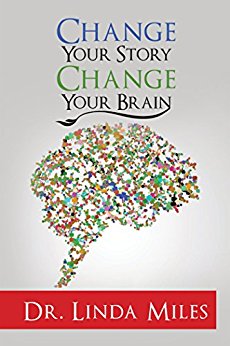 When you’re dating someone with anxiety you are in for a different experience than the norm. You’ll want to be prepared for what could come up.
When you’re dating someone with anxiety you are in for a different experience than the norm. You’ll want to be prepared for what could come up.
What should you be prepared for?
Remember that those with anxiety disorders may have fears that you consider irrational. It is not helpful to argue with their logic because the response is emotional. It is best for you to remain calm. It will help your partner calm down. You also need to be aware that there are changes in brain chemistry in someone with an anxiety disorder resulting in an overactive sympathetic nervous system change resulting in very real symptoms such as pounding heart, sweating, dizziness, and nervousness.
How do you handle certain situations?
PLAN AHEAD about what to do in the case of extreme anxiety in your partner. For example, if you are going to a party with a partner with high anxiety, be sure you take your own car so that you can leave if needed.
 PRACTICE Mindfulness with your partner. I have a book titled Change Your Story, Change Your Brain with many practices and there are resources through UCLAMindfulness.com and Dukemindfulness.com. UCLA and Duke also offer phone courses that couples can take together.
PRACTICE Mindfulness with your partner. I have a book titled Change Your Story, Change Your Brain with many practices and there are resources through UCLAMindfulness.com and Dukemindfulness.com. UCLA and Duke also offer phone courses that couples can take together.
What are the biggest challenges?
A good example of the typical challenges faced by couples who have one partner with anxiety disorder is a couple that I saw in therapy. Let’s call them Jim and Jane. Jim had a severe anxiety disorder and Jane would try to argue him out of his fears. He felt deeply misunderstood. He was trying his best to act normal around the family and this took a great deal of energy.
It was extremely helpful when Jane was able to let Jim know that she understood he was struggling instead of arguing. They also agreed that she would attend more of the group functions she enjoyed without him when he was feeling too symptomatic. He agreed to continue to find effective ways to deal with his anxiety.
It is a challenge to understand why a person with anxiety disorder retreats to a corner or avoids social contact without understanding the symptoms such contact may trigger including PHYSICAL effects like racing heart, sweating, dry mouth, dizziness; PSYCHOLOGICAL effects like persistent worry and EMOTIONAL effects such as extreme fear.
Compassion and calm are two of the best coping mechanisms in a partner. Anxiety is a very treatable condition so hopefully, therapy will be a consideration if needed.


